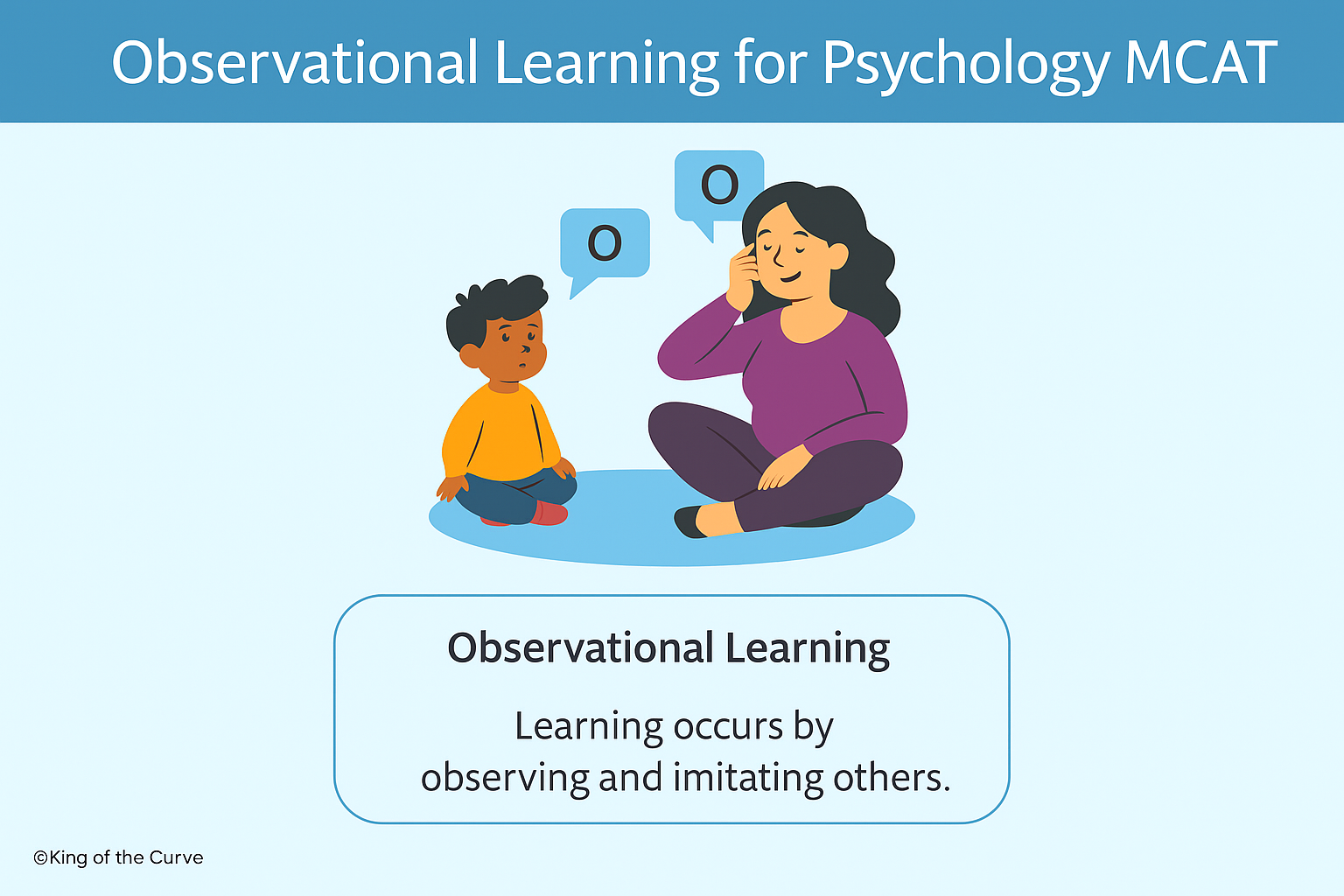🧠 Observational Learning: Mastering Behavior Through Imitation
Observational learning, also known as modeling or social learning, occurs when individuals learn by watching the behavior of others and the outcomes of those behaviors. Unlike classical or operant conditioning, observational learning doesn’t require direct reinforcement. It relies on mental processes and the ability to imitate what is seen.
This concept plays a crucial role in social and cognitive development and is especially important in educational, social, and clinical settings.
📘 Bandura's Social Learning Theory
Albert Bandura, a key figure in psychology, emphasized observational learning in his Social Learning Theory, famously demonstrated through the Bobo doll experiment. He identified four cognitive processes essential for observational learning:
Attention – The learner must pay attention to the model.
Retention – The behavior must be remembered.
Reproduction – The learner must have the ability to replicate the behavior.
Motivation – There must be a reason or reinforcement to imitate the behavior.
🧪 Real-Life Applications
| Scenario | Observational Learning in Action |
|---|---|
| Children learning manners | Imitate parents saying “please” and “thank you” |
| Students in clinical settings | Observe senior physicians during patient interactions |
| Social media influencers | Viewers mimic product use, lifestyle, or speech patterns |
| Therapy or counseling | Therapists model coping mechanisms for clients |
📊 Summary Table: Key Components of Observational Learning
| Component | Description |
|---|---|
| Attention | Focusing on the behavior being modeled |
| Retention | Storing the behavior in memory |
| Reproduction | Physically being able to replicate the behavior |
| Motivation | Having a reason to perform the behavior |
🩺 Relevance to the MCAT
Observational learning is a high-yield psychology topic on the MCAT, particularly within the Behavioral Sciences section. Understanding its mechanisms helps explain how behaviors are acquired, particularly within a social context, and how cognitive processes shape learning.
MCAT-style Question:
A child watches their older sibling brush their teeth each night and starts doing the same without any direct prompting. What learning mechanism is this an example of?
Answer: Observational Learning (Modeling)
🧠 Final Thought
Observational learning helps explain how we adopt language, behaviors, emotions, and social cues simply by watching others. Its applications range from education to therapy, and understanding it is vital for aspiring physicians, especially on exams like the MCAT.
Frequently Asked Questions (FAQs)
-
Aim for 4-6 focused hours, ensuring you incorporate breaks to avoid burnout.
-
Practice mindfulness techniques, take practice exams under realistic conditions, and maintain a balanced lifestyle.
-
Set short-term goals, seek support from mentors, and reward yourself for small achievements.
-
Regular exercise improves focus, reduces stress, and enhances overall mental clarity.
-
KOTC offers personalized learning tools, gamification features, and adaptive question banks to help students stay on track without burnout.


